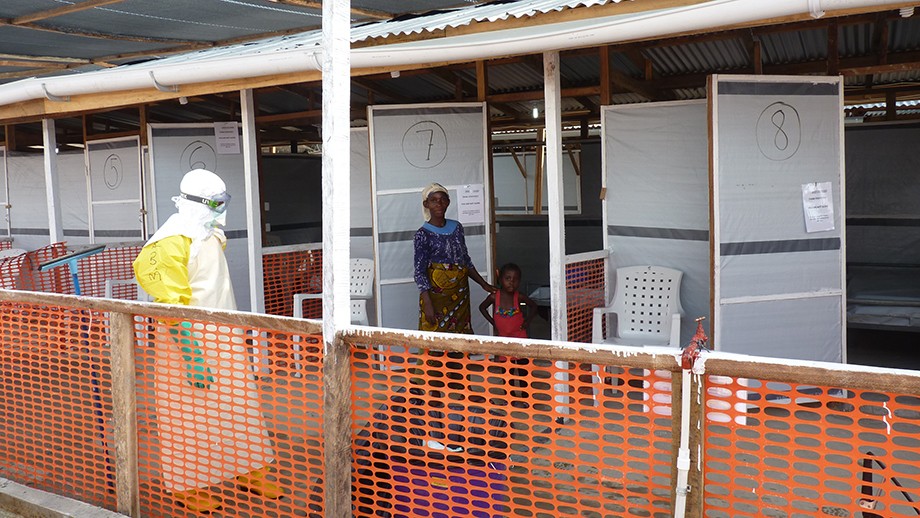Scholarships to boost skills for global health problems
ANU is looking for health professionals who want to join an elite team of public health specialist who rush to crises around the world to fight disease outbreaks.
Applications are open for a $50,000 field placement scholarship for the Master of Philosophy in Applied Epidemiology (MAE) program, which is the Australian Field Epidemiology Training Program (FETP).
Applications close 31 August.
MAE course convenor Associate Professor Martyn Kirk said the program teaches people to conduct public health surveillance, investigate outbreaks of disease and conduct epidemiological studies.
Graduates join a network of professionals who may be deployed to disasters and crises around the country and the world, helping to save lives and stop the spread of disease.
"MAE scholars can help during public health events of international concern, such as the outbreak of Ebola virus disease in West Africa," he said.
Established in 1991, the MAE program is a two-year field based program where students are embedded in health departments, centres for disease control, or research centres.
The field placements can focus on infectious diseases, Aboriginal health, environmental health, or non-communicable diseases.
Associate Professor Kirk said the program was a crucial training program for public health professionals who want a career in public health epidemiology.
"MAE scholars and graduates will often be involved in outbreak investigations in Australia, such as the recent outbreak of Salmonella Hvittingfoss from contaminated rockmelons," Associate Professor Kirk said.
"The program is unique in that people get to apply research tools to real world public health problems.
"Many graduates go on to become leaders in public health organisations, such as the World Health Organization, health departments, or Universities."
For more information go to the National Centre for Epidemiology & Population Health website.

